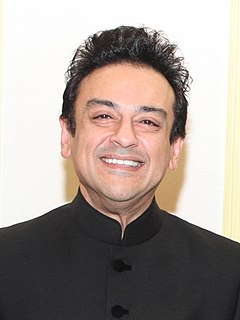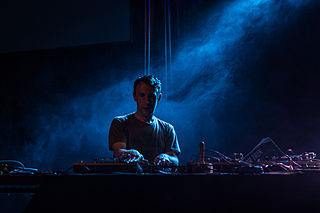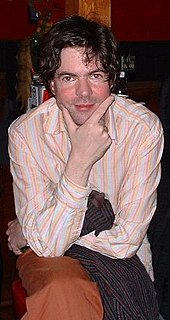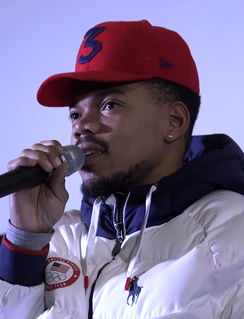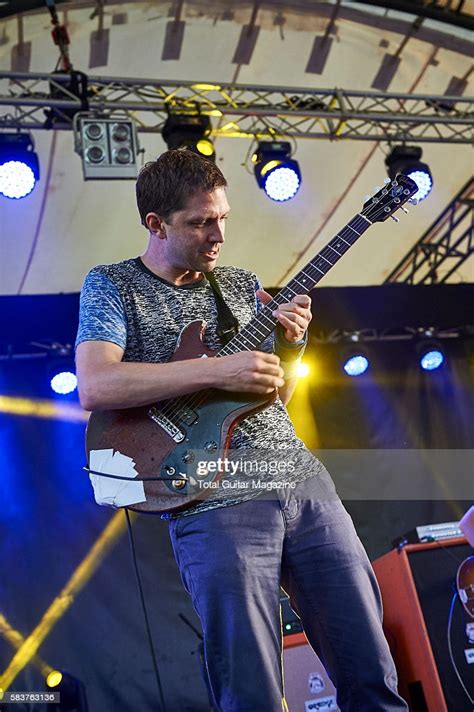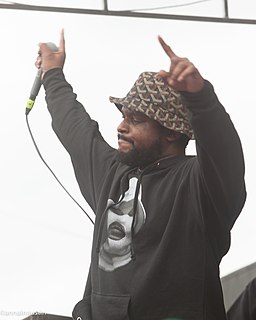A Quote by Trisha Yearwood
Garth Fundis is a song guy. He is in it for the right reasons; he's about the music. He doesn't ever try to talk you into recording something that you shouldn't. He gets it.
Related Quotes
Recording a Hindi song takes me around 40 minutes whereas a Kannada song takes me about two hours. The music isn't a problem, since the notes used are universal. The language is the problem. I try my best to get it right, as I'm sensitive about respecting every language, since all of them are sacred in my heart.
I have a song I wrote called “Autobiography.” I came from a very intense living situation, with having a parent on drugs and not having a lot of money. So I always want to talk about the real things. But I think 90 percent of my music, I want it to be 'feel-good music'. I'm already recording tracks for my album, but when it comes time to actually say, 'this is the album,' I may be in a completely different space than I'm in right now.
I think any information about any type of art form, it's always the right time. But since the last one, I could see there were many things about the culture of DJing that we don't really talk about. We don't really look at how the music is made, how it's conceptualized, how it's put together. We talk about the equipment and the software, but we don't talk about the reasons why we put the music together in the first place.
The fun part, I will admit this much, there is a period when listening to my music is fun, and that's when I'm making it. There's a tiny little window before something gets old, but after it's come to fruition. There's a little window there where I can listen to a song probably about five times, and I'll really think it's awesome. That's kind of the period that lets me know when I - 99 percent of the time, that period is right about whether a song is going to be a keeper for an album or just a throwaway track that never gets - in that little window.
If you're recording the song on your four-track in your kitchen, when you finished writing the song, you're recording, and it's cool, and honor that. And maybe that's the version that should be released. And if you're recording the song again, it shouldn't be because there's a version you love that you're chasing. It should be because "You know what? I made a recording, but I don't love it emotionally." So, okay, then record again. And be in it and take advantage of the buzz and energy of "I'm getting to record right now!" It's such a beautiful and cool privilege.
There's always this talk of the industry of music and about selling records and whatever, but that ignores probably the majority of music that isn't about trying to sell itself, that isn't about being connected to any industry. There's a huge amount of music where someone just happened to have a tape recorder and turned it on or hit the red button while they were in the back of church or recording something in their front room.
I feel like we've inherited modern infrastructure, and I could run away from it and become a full-time activist, or I can try to do my job, and try to talk about things I care about, and be able to do something like sponsor a topsoil conference in Nova Scotia, and talk about Bill McKibben, and narrate a documentary about the vanishing of the bees, and try to navigate my way through this world the best way possible. That's what I'm trying to figure out. Probably like many people right now.
One song isn't going to ever change things, but I suppose it's the accumulation of music generally [that is]. If you can imagine a world that has no music in it, it would be a very different world, so music does change the world by virtue of all the music in it. Cumulative music of every kind, from banging a drum to playing a flute or recording symphonies, or singing 'War, what is it good for?' All those things change the whole way we live.
I don't think I ever wrote a song. I can write a lot of jokes, but when I try to write lyrics they're the most direct, non-figurative words, like, 'I like you, I like you,'... and that's it, for the whole song. People would go, 'Ooh, this guy's Dylan or something.' It gives me a lot more respect for songwriters, actually.

